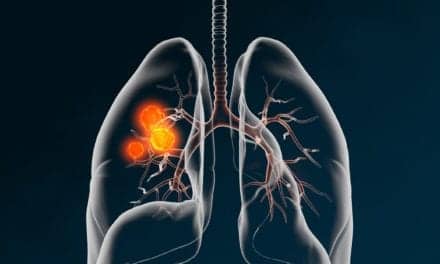This is a companion article to “The Need for Point-of-Care HbA1c Testing for Diabetes.”
People with diabetes are at elevated risk for both kidney disease and cardiovascular disease (CVD). In fact, diabetes can double or even triple a patient’s risk of developing CVD.1 Among patients previously diagnosed with diabetes, testing for both albumin:creatinine ratio (ACR) and lipids can offer important quantitative measurements to aid in diabetes management.

Figure 3. The Afinion point-of-care platform by Abbott, Abbott Park, Ill, measures HbA1c in 3 minutes and albumin:creatinine ratio in 5 minutes, facilitating implementation of American Diabetes Association guidelines on point-of-care testing for patients with type 2 diabetes.
Annual ACR testing performed via spot urinary testing can uncover albuminuria, a major predictor for both kidney disease and cardiovascular disease.1,9 Point-of-care testing for ACR can provide results in real time, without requiring lab processing of samples. Using the Afinion point-of-care platform by Abbott, Abbott Park, Ill, quantitative results are available in about 5 minutes from 3.5 µL of urine.31
Lipid testing can also help to reveal CVD risks in diabetes patients. Annual fasting lipid profiles should include high-density lipoproteins, low-density lipoproteins, total cholesterol, and triglycerides, as needed.9 Using the Cholestech LDX system by Abbott, quantitative results for the full lipid panel and glucose can be obtained at the point of care within 5 minutes from a 40-µL blood sample.32



